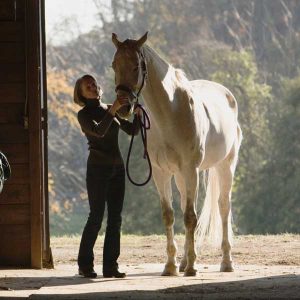
Choosing Supplements for Senior Horses That Have Trouble Maintaining Weight
Horses 18 years of age and older are considered geriatric or senior horses. Some horses, like some humans, age more...
» View Article
Horses 18 years of age and older are considered geriatric or senior horses. Some horses, like some humans, age more...
» View Article
Simply put, horses need energy. Energy is traditionally supplied by cereal grains such as oats, corn, and barley. These feedstuffs...
» View Article
Click here to download a free copy of the horse body condition score sheet. Horse body condition scoring is an...
» View Video
Vitamins are organic compounds, which, when provided in the proper amounts, play a major role in the well-being of your...
» View Article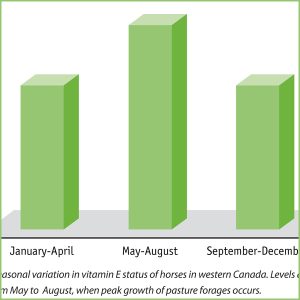
Horses are managed in varying conditions throughout the world. A vast number of them do not have access to growing...
» View Article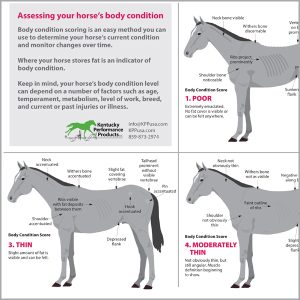
As the winter season approaches, it is time to evaluate your horse’s body condition score. It is important to make...
» View Article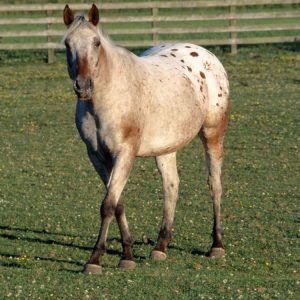
The most important function of vitamin E in the horse’s body revolves around its antioxidant properties. Antioxidants offset the damage...
» View Article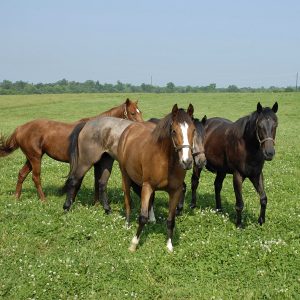
To most horse people, there is no better sight than a row of freshly bedded stalls, complete with a pile...
» View Article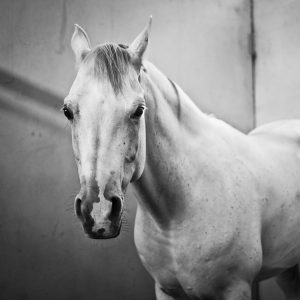
Knowing and noticing the signs of depression in your horse may alert you to illness, injury or stress that can...
» View Article
If your Thoroughbred is coming straight from the track and has been in training, their metabolic rate will still be high due to intense training and elevated caloric intake. Once leaving the track, many Thoroughbreds benefit from a period of rest and relaxation, along with time to adjust to their new schedules. Their caloric requirements may decrease depending on the type of work involved in their new career, but this will not happen immediately.
» View Article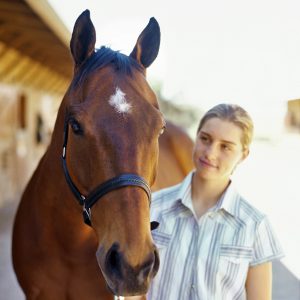
Do you believe gastric ulcers affect only high-performance athletes such as racehorses or Olympic contenders? Do you believe it takes...
» View Article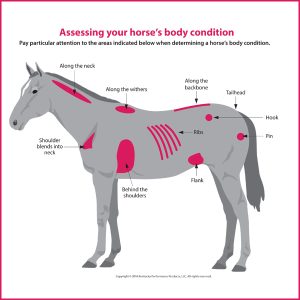
Spring has sprung and it is time to evaluate how your horse made it through the winter and revise your...
» View Article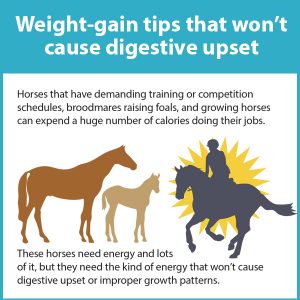
Horses that have demanding training or competition schedules, broodmares raising foals, and growing horses can expend a huge number of calories doing their jobs. These horses need energy and lots of it, but they need the kind of energy that won’t cause digestive upset or improper growth patterns.
» View Article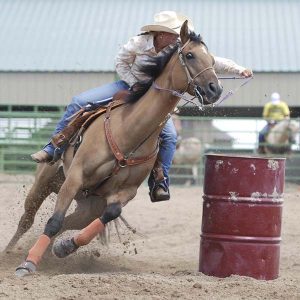
Can what you feed be making your horse a little crazy? The short answer is yes, it might be. Diets...
» View Article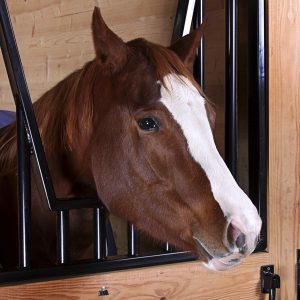
Whether a racehorse needs some downtime from the rigors of track life or a show jumper is on stall rest...
» View Article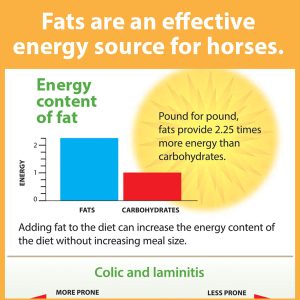
Pound for pound, fats provide 2.25 times more energy than carbohydrates. Adding fat to the diet can increase the energy content of the diet without increasing meal size.
» View Article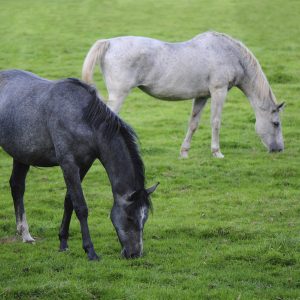
As horses live longer and longer, the issue of retirement comes up more frequently. When thinking about where your horse...
» View Article
Hey everyone. So as a lot of know, young horses can be hard to put and keep weight on, especially our beloved off-the-track Thoroughbreds. They all seem to go through a strange awkward gangly stage, usually at ages 2 and 3. No horse knows this…
» View Article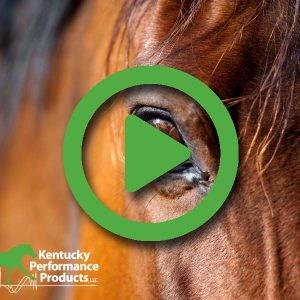
Equi-Jewel was developed by Kentucky Performance Products to safely meet the energy needs of today’s horses. It reduces the risk...
» View Video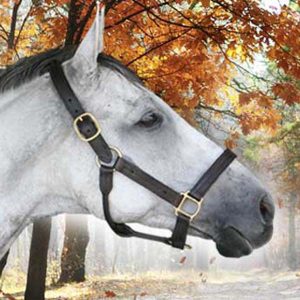
As the seasons change, so do the quality and content of your horse’s feeding program. Winterizing your horse with Kentucky...
» View Article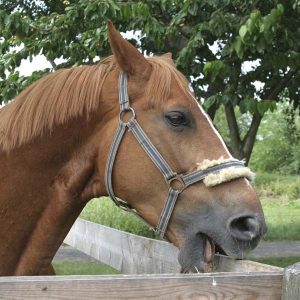
Once known as a stable vice, cribbing is now considered by equine behaviorists as a stereotypical oral behavior. Cribbing behavior...
» View Article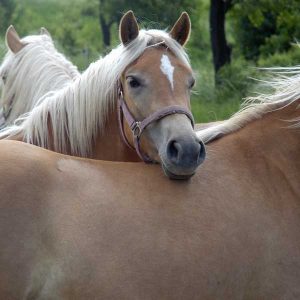
For years, horsemen have believed that the surefire way to sidestep gastric ulcers is full-time grazing. However, that widely held...
» View Article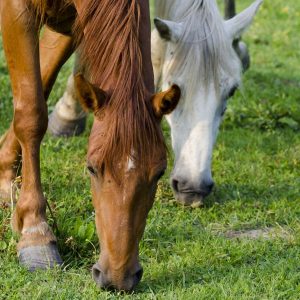
Veterinarians and horsemen recognize the harmful effects of gastric ulceration in their horses. Colic, chronic diarrhea, decreased appetite, and weight...
» View Article
"*" indicates required fields